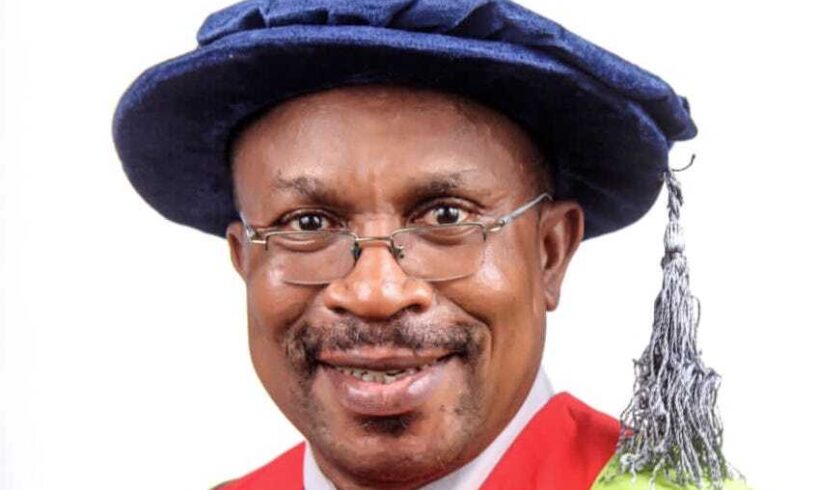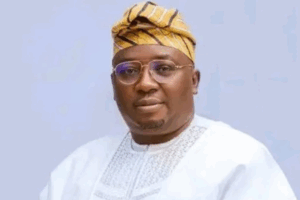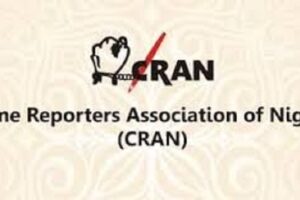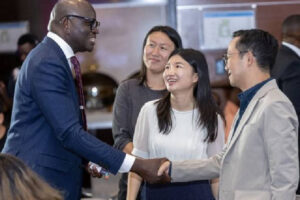
The University of Ibadan (UI) is set to host two major events designed to bridge the gap between academic research and industry needs, fostering collaboration, innovation, and investment in impactful research.
The university, in partnership with the Development Agenda for Western Nigeria (DAWN) Commission, aims to strengthen ties between academia, government, and the private sector.
Chairman of the UI Research and Development Fair Committee (UI-RESDEV), Professor Andrew Olu Fadoju, announced that a Stakeholders’ Roundtable would hold on October 15, 2025, at Trenchard Hall, followed by the main Research and Development Fair on November 3 and 4, 2025, at the International Conference Centre, UI.
The Chief Executive Officer of Psaltry International Company Limited, Mrs. Yemisi Iranloye, will chair the occasion, while the Managing Director of Aradel Holdings Ltd, Mr. Adegbite Falade, will deliver the keynote address.
The Director of the World Intellectual Property Organization (WIPO) Nigeria Office, Dr. Oluwatobiloba Moody, will serve as the special guest of honour.
This year’s theme, “Research, Innovation and Development: A Tripod for Meeting Societal Needs,” underscores the university’s commitment to aligning academic output with national development priorities.
Prof. Fadoju said the events would convene representatives from industries, government agencies, multinationals, and regulatory bodies to promote synergy between what universities teach and what industries require.
“Despite our efforts to update curricula, there’s still a perceived disconnect between academia and industry due to infrastructural and funding constraints,” he said.
“We hope this engagement will encourage industries to support research, commercialise findings, and fund future projects for mutual benefit.”
He stressed that research must have measurable, practical impact. “If research has no practical impact, then it isn’t useful,” he stated.
The fair will feature diverse participants, including academics, entrepreneurs, government officials, farmers, and market women, reflecting UI’s inclusive approach to innovation.
Simplified pamphlets highlighting research from both the sciences and humanities will be distributed to make findings more accessible to the public.
The Postgraduate College will moderate sessions linking theoretical insights with practical applications to ensure students gain from both academic and industry perspectives.
A key highlight of the fair is the GenZ Hackathon Project, which nurtures young innovators. Hundreds of ICT-based solutions addressing local challenges, including erratic power supply, were submitted, with the top six entries to be showcased during the fair’s opening ceremony.
Winners will receive cash prizes and industry exposure, with past participants already attracting investor interest.
Prof. Fadoju dismissed claims that Nigerian university research lacks relevance, attributing the challenge instead to poor funding.
“Thousands of research projects are completed monthly across Nigerian universities. The problem is not relevance but funding. Senate Research Grants once supported our work, but that support has dwindled, limiting implementation capacity,” he said.
He called for increased financial backing from government, alumni, and the private sector, describing research investment as essential for national development.
He also emphasised accountability and transparency in managing research funds. “Industry will only invest where there is proven value. All stakeholders must ensure that every naira is well spent,” he added.
Professor Olu Fadoju





